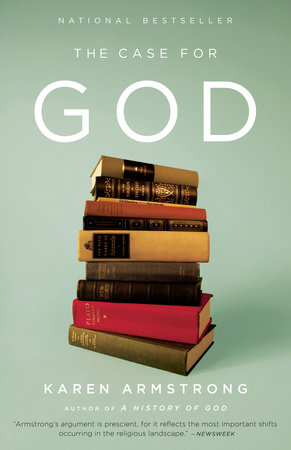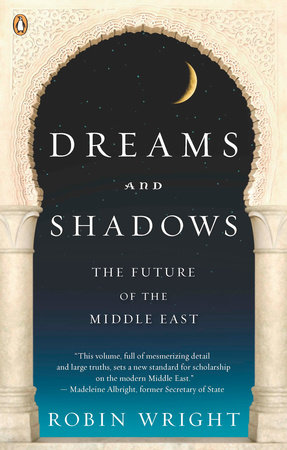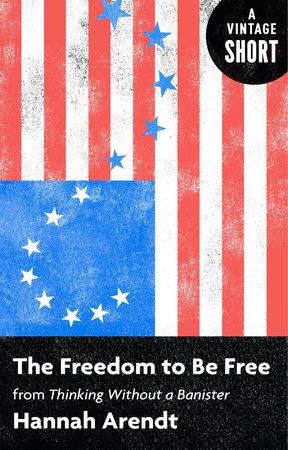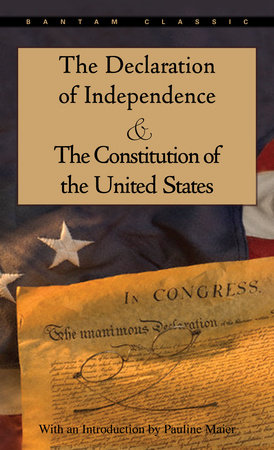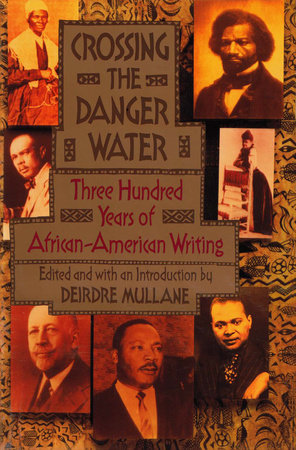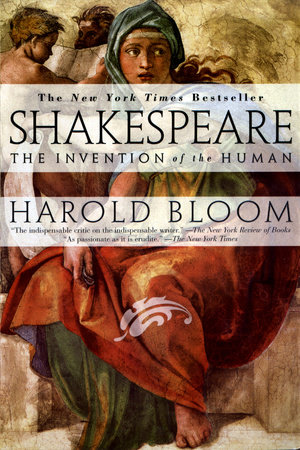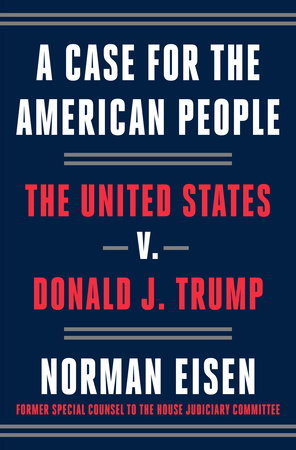Q+A: Religion for Atheists
1) One of the premises of your book is that living without God is dangerous, can you explain why? Which are the dangers?
In my book, I argue that believing in God is, for me as for many others, simply not possible. At the same time, I do want to suggest that if you remove this belief, there are particular dangers that open up – we don’t need to fall into these dangers, but they are there and we should be aware of them. For a start, there is the danger of individualism: of placing the human being at the center stage of everything. Secondly, there is the danger of technological perfectionism; of believing that science and technology can overcome all human problems, that it is just a matter of time before scientists have cured us of the human condition. Thirdly, without God, it is easier to lose perspective: to see our own times as everything, to forget the brevity of the present moment and to cease to appreciate (in a good way) the miniscule nature of our own achievements. And lastly, without God, there can be a danger that the need for empathy and ethical behaviour can be overlooked.
Now, it is important to stress that it is quite possible to believe in nothing and remember all these vital lessons (just as one can be a deep believer and a monster). I am simply wanting to draw attention to some of the gaps, some of what is missing, when we dismiss God too brusquely. By all means, we can dismiss him, but with great sympathy, nostalgia, care and thought…
2) Is it possible to be a good person without religion?
The problem of the man without religion is that he forgets. We all know in theory what we should do to be good. The problem is that in practice, we forget. And we forget because the modern secular world always thinks that it is enough to tell someone something once (be good, remember the poor etc.) But all religions disagree here: they insist that if anyone is to stand a chance of remembering anything, they need reminders on a daily, perhaps even hourly basis.
3) What do you think of the aggressive atheism we have seen in the past few years?
I am an atheist, but a gentle one. I don’t feel the need to mock anyone who believes. I really disagree with the hard tone of some atheists who approach religion like a silly fairy tale. I am deeply respectful of religion, but I believe none of its supernatural aspects. So my position is perhaps unusual: I am at once very respectful and completely impious.
4) a) What is it you’re most interested in in religion?
The secular world believes that if we have good ideas, we will be reminded of them just when it matters. Religions don’t agree. They are all about structure; they want to build calendars for us, that will make sure that we regularly encounter reminders of significant concepts. That is what rituals are: they are attempts to make vivid to us things we already know, but are likely to have forgotten. Religions are also keen to see us as more than just rational minds, we are emotional and physical creatures, and therefore, we need to be seduced via our bodies and our senses too: this was always the great genius of Catholicism. If you want to change someone’s ideas, don’t only concentrate on their ideas, concentrate on their whole selves.
b) Is it really possible to distinguish, as you do, between faith and the “technicalities” of religion? To reject faith and to save something similar to pray, church, religious rituals?
I absolutely believe that this is possible. I am writing for the sort of reader who thinks, ‘I really can’t believe in anything supernatural, the supernatural side of religion is impossible for me BUT I love so much here: the ritual, the architecture, the music, the connection with the past…’ Why should we be forced to make such a brutal choice? Why is it ‘either you have to believe in all kinds of implausible things, but then you get some great architecture etc.’ OR, you believe in nothing supernatural, and you are then cast out into a world dominated by IKEA and CNN… The choice doesn’t have to be so brutal.
5) You also propose to reform schools and universities to teach humans how to deal with, not knowledge, but the most important existential problems, loneliness, pain and death for example. You even propose to abolish the teaching of history and literature, two basic humanities. Why? Is knowledge so unimportant? Can existential lessons be taught at school?
The starting point of religion is that we are children, and we need guidance. The secular world often gets offended by this. It assumes that all adults are mature – and therefore, it hates didacticism, it hates the idea of guidance and moral instruction. But of course we are children, big children who need guidance and reminders of how to live. And yet the modern education system denies this. It treats us all as far too rational, reasonable, in control. We are far more desperate than the modern education system recognises. All of us are on the edge of panic and terror pretty much all the time – and religions recognise this. We need to build a similar awareness into secular structures.
6) Are you nostalgic for the deeply religious past?
Like many people, of course I feel nostalgic. How is it possible not to feel nostalgic when you look at 15th frescoes or the rituals of an ancient carnival? However, we have to ask: how should I respond to my nostalgia? My thought is that we can use it creatively, as the basis for a rebirth, for the creation of new things, for the creation of things that later generations will feel nostalgic about… So it frustrates me when people say things like, ‘Well, they knew how to build in the 15th century, now it is impossible…’ Why! Anything is possible. We should not sigh nostalgically over religion, we should learn from them. We should steal from them.
7) How do religions teach us?
Religions are fascinating because they are giant machines for making ideas vivid and real in people’s lives: ideas about goodness, about death, family, community etc. Nowadays, we tend to believe that the people who make ideas vivid are artists and cultural figures, but this is such a small, individual response to a massive set of problems. So I am deeply interested in the way that religions are in the end institutions, giant machines, organisations, directed to managing our inner life. There is nothing like this in the secular world, and this seems a huge pity.
8) You say that our society lacks of collective rituals, a network of secular churches, of vast high spaces in which to escape from the hubbub of modern society and to focus on all that is beyond us. But what about the fact that whichever society tried to create an effective kind of propaganda in the name of virtue was, after the french revolution, a totalitarian regime in which the state itself became god?
We are too easily frightened here. So often, anytime that someone proposes a valid idea in this area, people say, but what about Hitler, or Stalin… This is not the choice. We can have public morality without fascism, we can even have certain kinds of censorship (for example, of pornography) without dictatorship, we can have great civic architecture which isn’t done by governments for their own glory. It is right that people have been scared by certain tendencies in the 20th century, but we shouldnt’ always be so unambitious about what we can do. We don’t need to abandon ourselves to freemarket capitalism under the spiritual leadership of cable television.
Much of modern moral thought has been transfixed by the idea that a collapse in belief must have irreparably damaged our capacity to build a convincing ethical framework for ourselves. But this argument, while apparently atheistic in nature, owes a strange, unwarranted debt to a religious mindset – for only if we truly believed at some level that God did exist, and that the foundations of morality were therefore in their essence supernatural, would the recognition of his nonexistence have any power to shake our moral principles.
However, if we assume from the start that we of course made God up, then the argument rapidly breaks down into a tautology – for why would we bother to feel burdened by ethical doubt if we knew that the many rules ascribed to supernatural beings were actually only the work of our all-too human ancestors?
The origins of religious ethics lie in the pragmatic need of our earliest communities to control their members’ tendencies towards violence, and to foster in them contrary habits of harmony and forgiveness. Religious codes began as cautionary precepts, which were then projected into the sky and reflected back to earth in disembodied and majestic forms. Injunctions to be sympathetic or patient stemmed from an awareness that these were the qualities which could draw societies back from fragmentation and self-destruction. So vital were these rules to our survival that for thousands of years we did not dare to admit that we ourselves had formulated them, lest this expose them to critical scrutiny and irreverent handling. We had to pretend that morality came from the heavens in order to insulate it from our own prevarications and frailties.
But if we can now own up to spiritualising our ethical laws, we have no cause to do away with the laws themselves. We continue to need exhortations to be sympathetic and just, even if we do not believe that there is a God who has a hand in wishing to make us so. We no longer have to be brought into line by the threat of Hell or the promise of Paradise; we merely have to be reminded that it is we ourselves – that is, the most mature and reasonable parts of us (seldom present in the midst of our crises and obsessions) – who want to lead the sort of lives which we once imagined supernatural beings demanded of us. An adequate evolution of morality from superstition to reason should mean recognising ourselves as the authors of our own moral commandments.
9) If we were to replace religion with a secular equivalent, who would be our gurus?
We don’t need a central structure. We are beyond the age of gurus and inspirational leaders. We are in the age of the Wiki structure. This means that it is up to all of us to look at religion and see what bits we can steal and place into the modern world. We might all contribute to the construction of new temples, not the government, but the concerned, interested individual. The salvation of the individual soul remains a serious problem – even when we dismiss the idea of God. In the 20th century, capitalism has really solved (in the rich West) the material problems of a significant portion of mankind. But the spiritual needs are still in chaos, with religion ceasing to answer the need. This is why I wrote my book, to show that there remains a new way: a way of filling the modern world with so many important lessons from religion, and yet not needing to return to any kind of occult spirituality.
10. Don’t you think that, in order to truly appreciate religious music and art, you have to be a believer – or, at least, don’t you think that non-believers miss something important in the experience?
I am interested in the modern claim that we have now found a way to replace religion: with art. You often hear people say, ‘Museums are our new churches’. It’s a nice idea, but it’s not true, and it’s principally not true because of the way that museums are laid out and present art. They prevent anyone from having an emotional relationship with the works on display. They encourage an academic interest, but prevent a more didactic and therapeutic kind of contact. I recommend in my book that even if we don’t believe, we learn to use art (even secular art) as a resource for comfort, identification, guidance and edification, very much what religions do with art.






